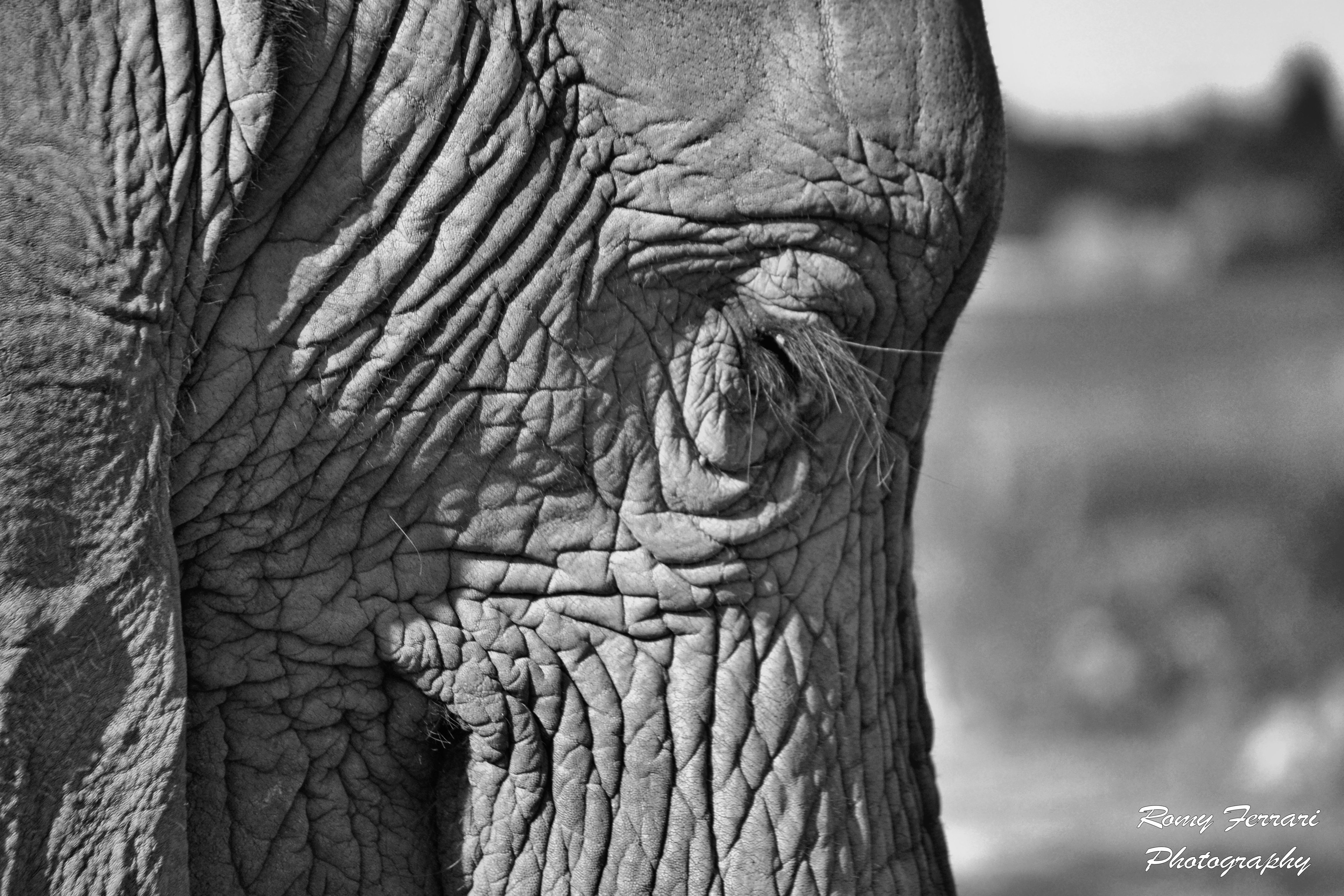Can scientists prove that elephants are self-aware beings?
Written by Romy Wohlfarth
We already know that elephants are one of the most intelligent animals in the world and that they are highly aware and emotional beings. They have shown empathetic actions many times towards conspecifics, other animals and humans.
They have even been known to help each other and to mourn their dead. Not only are they emotionally aware, but they have also proven to be self-aware. This kind of intelligence is only exhibited by a few other species including humans, apes, magpies and dolphins. So how did they prove that elephants are actually self-aware? The Oxford definition of self-awareness is “Conscious knowledge of one’s own character and feelings.’’ In 2006, Joshua Plotnik from Emory University wanted to test whether there was a possibility of self-awareness in Elephants. Three Asian elephants at New York’s Bronx Zoo were given large mirrors in their enclosures. At first glance, all species react in the same way – the same way when you hold your cat or dog in front of a mirror – by inspecting the mirror, and or checking behind it to look for the stranger.
“They (the three elephants) also started to make unusual body and trunk movements in front of the mirror in the same way that a person would check out a new outfit in a dressing room. They were clearly examining their own bodies, pulling their ears or sticking their trunks in their mouths, in a way that they never did without the mirror.” – National Geographic
The next step was to place a visible mark on the right side of their heads, where it couldn’t otherwise be seen without a mirror, and an invisible control mark on the left side. Elephants use their trunks like humans use their hands and can touch most of their body surface with it, making them ideal subjects for the mirror test.
”One elephant, named Happy, passed the final test of repeatedly touching an X painted on her forehead, a place she could not see without a mirror. As a control, when a colourless paint was used to draw the X, Happy didn’t bother with it. While only Happy passed this test, the researchers noted that more than half of chimpanzees examined typically fail this test.” – Live Science
After being marked, Happy the elephant, had examined herself in the mirror by moving in and out of view, and had touched the visible mark with her trunk while ignoring the invisible sham one. Although only one elephant had passed the test in 2006’s study, many more have proven their intelligence and self-awareness since then. Oddly enough, humans only start recognising their reflections when they are around 18 months old. This gives us an idea of just how intelligent elephants are compared to us. Perhaps this brings us a little closer to understanding these extraordinary giants. Elephant conservation is now more important than ever with the ongoing human–elephant crisis happening not only in Asia, but Africa as well. The first step to change is having people care and understand. How will you help make a difference?
About the Guest Blogger: Romy Wohlfarth is a tree-hugging 20 year old South African determined to create positive change for Africa’s wildlife. Childhood visits to South Africa’s many national parks sparked a deep love for wildlife. She strongly believes that most environmental problems are really just social problems and that in order to have change, the key focus needs to be on the people themselves. More of her eye-opening environmental awareness posts are available on the link below: https://web.facebook.com/BabblingBushBaby/?_rdc=1&_rdr
